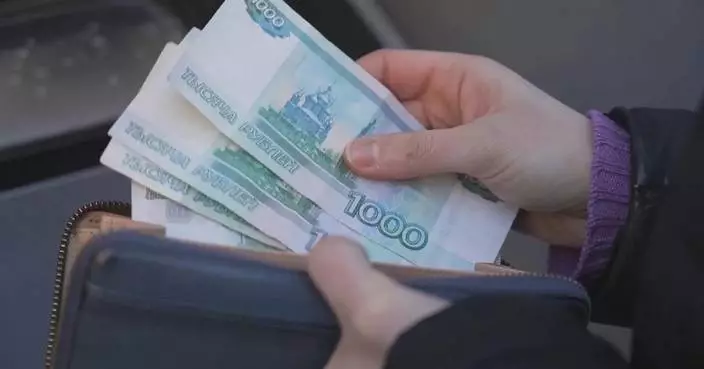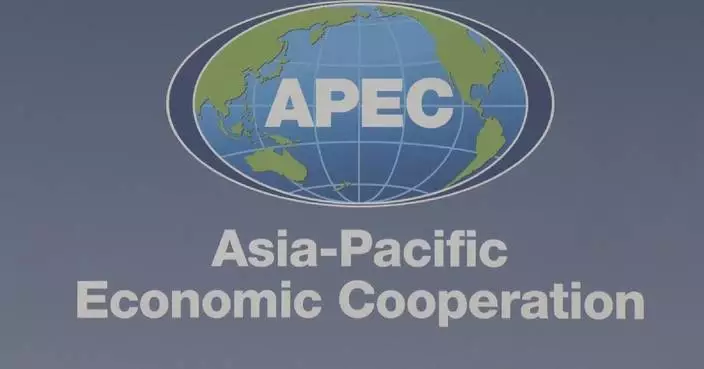Fiji’s visa-free policy and the increase in direct flights from China have significantly boosted its appeal, leading to a surge in Chinese visitors and a vibrant tourism boom.
According to data from the Fiji Tourism Bureau, as of the first quarter of 2024, the number of visitors to Fiji has increased eleven percent compared to the same period in 2023 – of which 77 percent are tourists. Australia, New Zealand and China remain its main tourist source countries.
"Fiji has good air quality, mesmerizing coral reefs and activities like sea fishing and underwater diving. These are what attract me the most," said Xu Yuhan, a Chinese tourist.
Currently, the island nation is experiencing an increase in visitors due to favorable policies that have attracted the attention of Chinese travelers.
"Fiji was among the first destinations when China resumed outbound group tours in 2023. With the increase in direct flights between China and Fiji, the number of Chinese tourists in Fiji and other Pacific Island nations has doubled in 2024, so far," said Liu Jie, assistant to the president of tour company CYTS Aoyou Technology Development.
Liu said the relaxation of visa policies has also unleashed the potential of Chinese tourism.
"Fiji’s visa-free policy allows Chinese visitors to start a trip at any time. With its unique culture and well-equipped hotels, Fiji is a destination for high-end tourism," she added.

Fiji’s visa-free policy attracts Chinese tourists, sparking to tourism boom
A Chinese envoy on Thursday called on all peace-loving countries to promote the implementation of the two-state solution as it is the sole viable solution to the Middle East issue.
The call was made by China's deputy permanent representative to the United Nations Geng Shuang at a commemoration marking the 77th anniversary of the Nakba ("catastrophe" in Arabic) which was held by the Committee on the Exercise of the Inalienable Rights of the Palestinian People at the United Nations headquarters in New York.
The Nakaba refers to the mass displacement and dispossession of Palestinians during the 1948 Arab-Israeli war. It remains a deeply traumatic event in the Palestinian collective memory and continues to shape their struggle for justice and for their right to return to their homes.
Urging steps to realize a comprehensive and lasting solution to the Palestinian question, Geng stressed that only through the implementation of the two-state solution can the Nakba be consigned to history.
Seventy-seven years ago, more than half of the Palestinian people were expelled or fled from their homes during the Arab-Israeli war, and they have since embarked on the arduous journey of striving for their legitimate rights and interests, Geng said.
"Today, 77 years later, the historical injustice suffered by the Palestinian people has not only remained unaddressed, but has even worsened," he pointed out.
Noting the question of Palestine, at the core of the Middle East issue, bears on peace, stability, and long-term security of the region, Geng said the implementation of the two-State solution is the only viable way to resolve the question.
The imperative now is to immediately realize a lasting ceasefire in Gaza and alleviate the humanitarian disaster, Geng said, urging Israel to implement the United Nations Security Council and General Assembly resolutions, comply with the International Court of Justice provisional measures and advisory opinion, and immediately cease all military attacks and violations of international law, especially the International Humanitarian Law.
"On the question of Palestine, China, upholding fairness and justice, remains steadfast in its support for the justice cause of the Palestinian people to restore their legitimate national rights for the early establishment of the fully sovereign and independent State of Palestine based on the 1967 borders with East Jerusalem as its capital, and for the early admission of the State of Palestine as a full member of the United Nations," Geng added.

Chinese envoy stresses two-state solution as sole viable solution to Middle East issue






















































